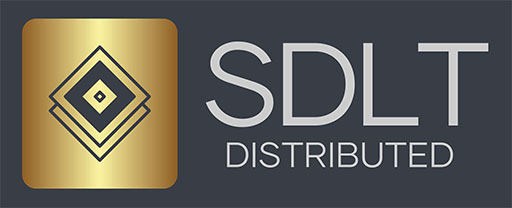
India Expands National Blockchain Platform Amid Major Government Digitization Drive – FinanceFeeds
India is doubling down on blockchain technology as part of its nationwide digitization efforts. The Ministry of Electronics and Information Technology (MeitY) has released new documentation outlining the expansion of the National Blockchain Framework (NBF), underscoring the country’s growing commitment to using distributed ledger technology (DLT) for governance, data integrity, and public infrastructure.
According to the Press Information Bureau (PIB), the National Blockchain Framework, launched in September 2024, now operates under a budget of ₹64.76 crore. The system is deployed through the National Informatics Centre (NIC) across major data centers in Bhubaneswar, Pune, and Hyderabad. As of October 2025, more than 34 crore documents have been verified on the platform, highlighting rapid adoption across government departments and state agencies.
Expanding blockchain adoption across public infrastructure
The NBF comprises four major components: Vishvasya Stack, NBFLite, Praamaanik, and the National Blockchain Portal. Vishvasya forms the core trust layer for decentralized applications, while NBFLite provides a sandbox environment for testing blockchain-based solutions. Praamaanik focuses on verification and authentication, enabling trusted document validation at scale. The National Blockchain Portal acts as a unified access point for developers, institutions, and government agencies to integrate blockchain into existing systems.
State governments have begun issuing blockchain-backed certificates for caste, domicile, and income verification, significantly reducing document fraud. The judiciary is piloting blockchain-based record-keeping to ensure tamper-proof case documentation, while departments managing property registration and logistics are leveraging the NBF for traceability and transparency. These applications demonstrate India’s intent to move from pilot projects to production-grade, interoperable systems that enhance both efficiency and trust.
Building a unified digital trust infrastructure
The expansion of the National Blockchain Framework aligns closely with India’s Digital India initiative, which aims to create secure, interoperable digital infrastructure for public services. By embedding blockchain across governance layers, the government intends to build a verifiable digital trust layer that can support cross-sector collaboration.
Future plans for the framework include enabling cross-chain communication, expanding smart contract use cases, and integrating with digital credentialing systems. This approach could revolutionize document issuance, supply chain management, and procurement processes by ensuring data authenticity and reducing administrative overhead.
Officials at MeitY have emphasized that the NBF’s modular architecture allows both centralized and decentralized deployment, giving flexibility to different levels of government. The Vishvasya stack also supports interoperability with global standards, paving the way for India to collaborate on blockchain-driven trade, finance, and identity solutions internationally.
India’s blockchain push positions it among the world’s leaders in state-backed blockchain initiatives. By combining scalable infrastructure with a focus on transparency, security, and citizen trust, the government is laying the groundwork for a national blockchain ecosystem. Industry experts see the initiative as a key milestone in building India’s digital trust economy, where blockchain acts as the foundation for secure, verifiable, and efficient governance.
As adoption accelerates across ministries and state governments, the National Blockchain Framework could redefine how India handles data, documents, and public services—turning blockchain from a technological experiment into a cornerstone of national governance.
